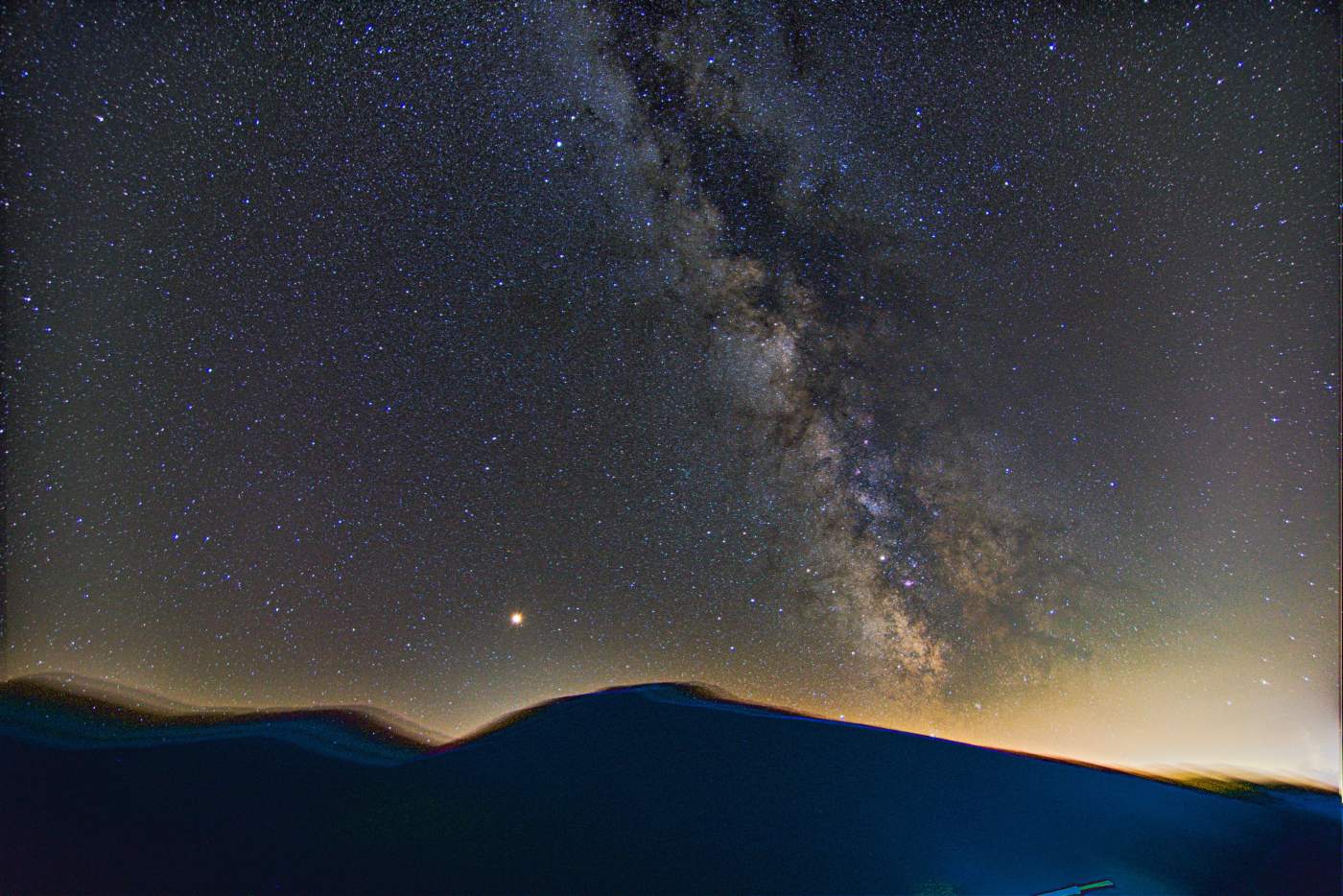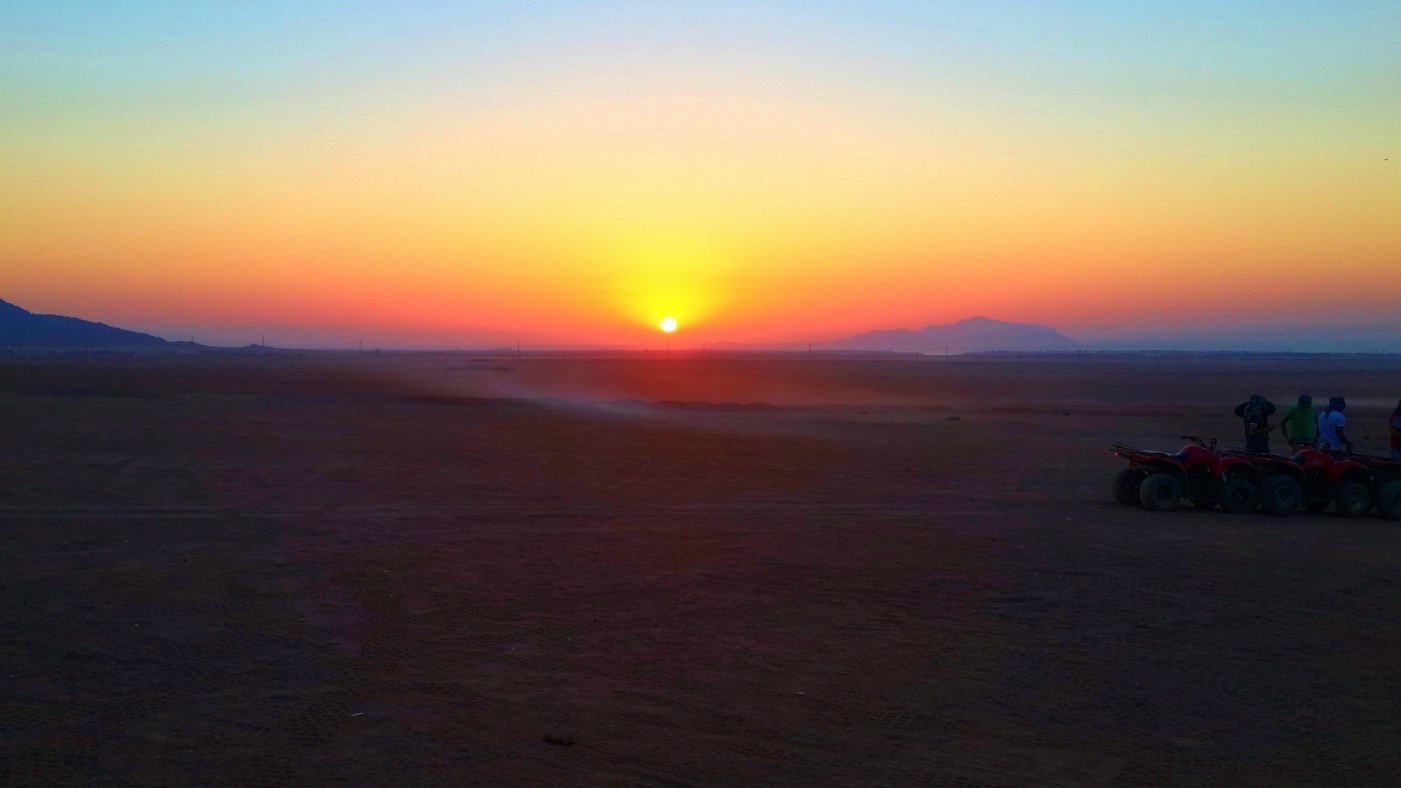We imagine that the so-called ‘spiritual path’ is principally reserved for the world’s sufferers. The miserable set out to find themselves or the truth or God or whatever, so that they can put an end to their suffering and get back to the business of living life.
That was more or less the mindset of my late ex-wife when, back from a 6-week stint in rehab, she said to be: “I’m really excited to get back to my old life.”
Those words raised the hairs on the back of my neck. Why would she want to get back to the life that for so long had tortured her, that had led her to drink? Ultimately, she did return to that life, and at 52 it was brought to an unceremonious end.
This, from Robert Adams:
And let’s say that you have good karma and things are relatively fine in your life. You think you’ve got what you want. You’ve got a great job, you’re making a lot of money, you’re living with someone you love, you’ve got a great house, you live in a place where the temperature is always 78 degrees, and you’re relatively happy.
But, according to the so called laws of the universe, that has to change, simply because the universe is in flux. Everything must change. If you have not found yourself in this life, and you simply die like the average person, you are going to have to continue and experience the opposite of what you have been experiencing. This is the reason you should not just become apathetic to spiritual life because things are going your way, and say like some people say, “Oh, spiritual life is just for people who have problems.” Be careful.
Be careful.
In other words, if you imagine your goals in life are to secure material success and comfort and pleasure, give life time: their opposites are coming (if not in this life, in the next or the one after that).
In my early teens, when suicide first entered the realm of possibility as the ultimate exit strategy, I remember thinking, ‘Yeah, you can check out that way, but you’re just going to have to come back and do it again, but maybe in an even shittier situation.’ Perhaps more than anything, the prospect of a do-over kept me lurching forward.
Later, when I discovered talk of karmic laws and later still, first-person accounts of near-death experiences, it was clear that, in one way or another, we’re all headed toward the light, so to speak. Life/existence/being will not be denied.
But because we come of age taught to trust our parents, our peers, our culture, it does not occur to us to question life’s recipe.
This blind allegiance to the ‘normal order’ of things has been on display in our own lives of late, as our son prepares to graduate high school. Again and again and again, we are asked by well-intentioned friends and family alike, ‘What’s he doing next year?” As in, what college is he attending? What does he intend to study? What career path is he considering?
During a recent hike in the woods with my son, I played our little ‘question everything’ game with him.
Me: So you graduate high school. Then what?
Son: I go to college.
Me: Then what?
Son: I graduate and get a good job.
Me: Then what?
Son: I start a career and save for the future.
Me: Then what?
Son: I get married.
Me: Then what?
Son: We buy a house and have kids.
Me: Then what?
Son: They go to school.
Rinse and repeat. You get the gist. We both had a good laugh and went on to enjoy our hike.
Try that same game with your own family and friends. If their responses don’t prove we are all operating from the same script, nothing will.
Now imagine, instead, a world where children are urged to question everything, where the very foundation upon which their lives are to be built is at least examined before being accepted as their own.
How many of us are gently urging our kids to ask: Who am I? What am I? What is the nature of this world around me? What is a thought? Where does it come from? What is it that is aware of that thought? What is the nature of the intelligence that created this body and the world it occupies?
To most, I have found that such questions are met with a kind of psychological exhaustion – they are seen as burdensome, even depressing.
To the contrary, they’re massively liberating. Because rather than doing what countless humans have done across time – obsess endlessly about the outside world – we become instead obsessed with our own fundamental nature. And we start to see that something profound is at work – something our minds cannot begin to touch.
We see that we are not in control, have never been in control, can never be in control. We recognize the inane silliness (and ultimate futility) of our insatiable appetites – for food, money, sex, rockin’ bods, immortality. We grow weary of the same old same old, want something that transcends the material and the groundless belief system that undergirds it.
This, too, from Robert Adams:
There is a substratum of all existence. It is love. It is absolute reality, pure awareness. And the substratum is your existence. That is what you are. You are God. The person is not God, the body is not God, but you are God. If you identify as God how can you possibly have a problem? Can God have a problem? Can God feel depressed? Can God believe something is wrong?
The reason you will not accept the fact that you are God is because of your orthodox upbringing. You still believe God to be an anthropomorphic deity up in the sky, and if I tell you you’re God, you think it’s blasphemy. That only shows me that you are identifying with your body. You believe you are a body, and there is a God somewhere up in the sky that you’ve got to pray to, and if he is in a good mood, he’ll give you a boon. If he’s not feeling too good that day, he’ll throw a lightning bolt at you. People still believe that.
The question is, what do you believe? It’s your life. What you believe, what you accept, becomes your lifestyle. You create it, you cause it. This is why everyone sees a different world. We see ourselves. It stands to reason therefore, why not see your real Self? Why not experiment? Why not begin to believe that you are God?



